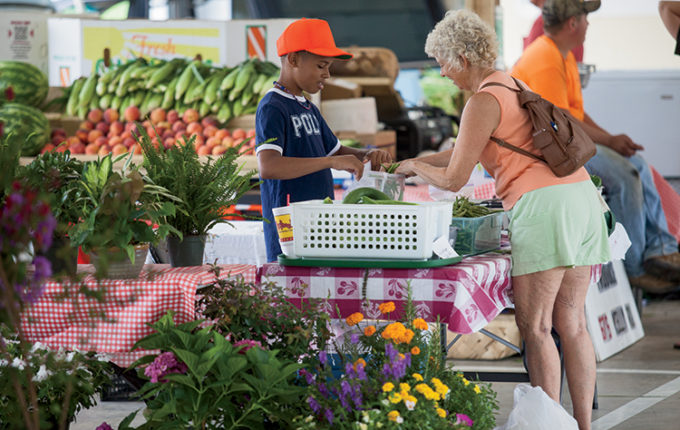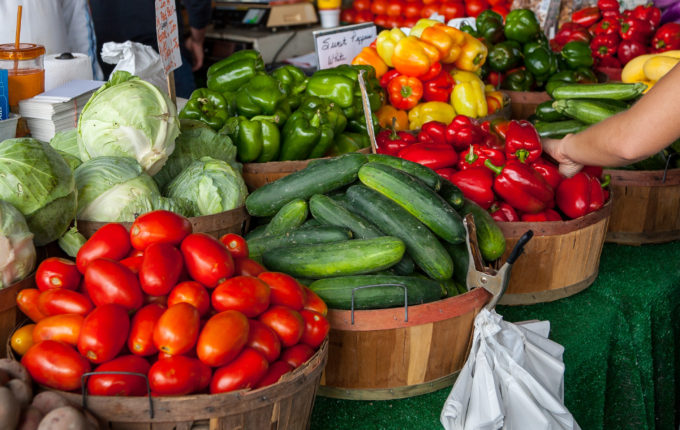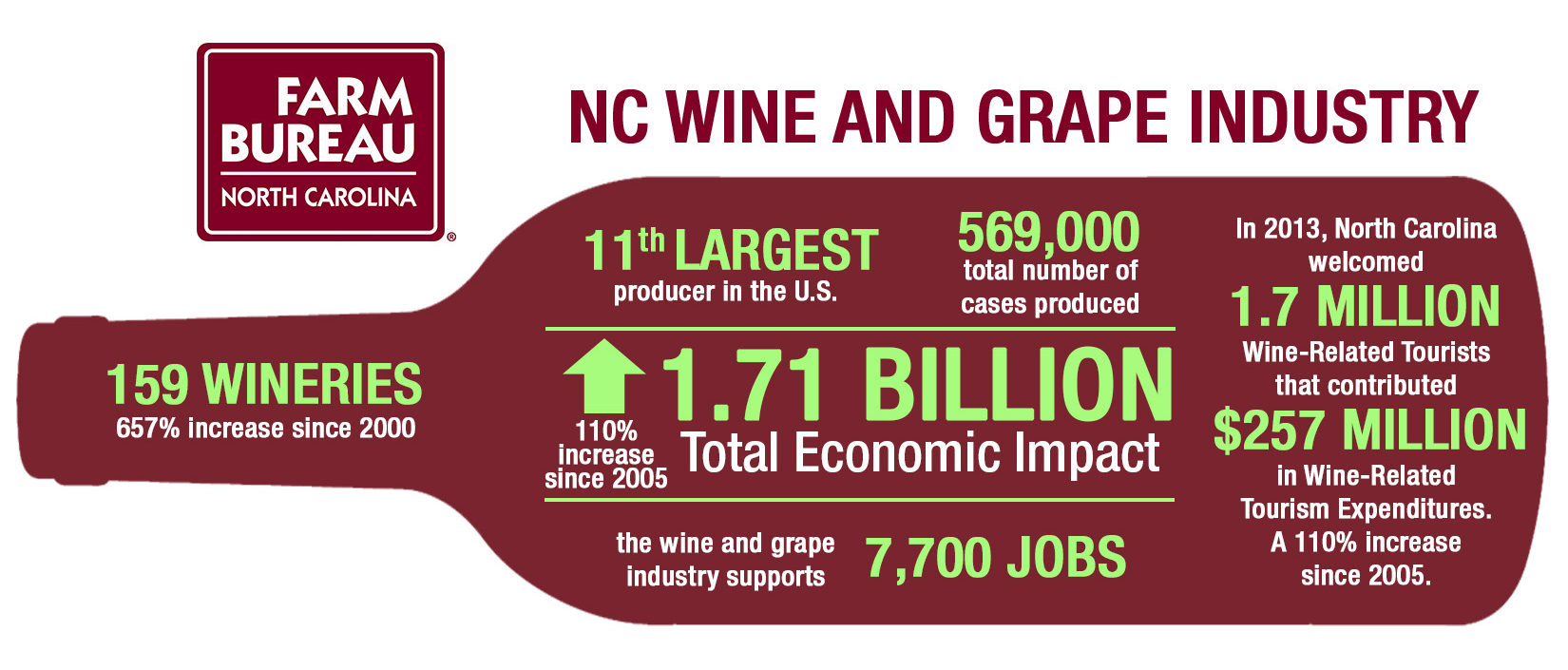Being a successful farmer in the 21st century means more than owning a tractor and a few acres. It means having the ability to adapt to constantly changing situations and environments, staying up-to-date on cutting-edge technologies, and knowing how to effectively communicate with employees, the public, government officials, salesmen, scientists, and lawyers, just to name a few. What’s sometimes overlooked when we talk about all of the important things farmers do is the simple but essential act of farmer-to-farmer communication. It’s National Pollinator Week, so today we’ll take a closer look at one way in which farmers are working together using a new voluntary communication tool called DriftWatch that is gaining momentum across the US.
It’s been more than 100 years since our last boom in the wine industry, when North Carolina led the nation in wine production until Prohibition in the 1920s. In fact, North Carolina is home to the first cultivated wine grape in the US – the scuppernong. Luckily for wine drinkers, grape growers and wineries, the industry has rebounded in a big way. In the past 15 years, North Carolina’s Wine and Grape Industry has flourished as large and small investments in grape growing and wine production are increasing and winery tourism has taken off. This week, we will spotlight the growing economic impact of the Wine and Grape Industry.
About two months ago we reported on a case being argued in front of the Supreme Court of the United States. The case was US Army Corps of Engineers v. Hawkes Co., and it dealt with landowners’ rights to judicial review when they are told by the Corps that their land contains waters subject to regulation under the Clean Water Act. For more background on the case you can read our April 6 blog post here.
Last Tuesday the Supreme Court issued a unanimous but narrow decision in favor of the landowners in Hawkes.
 Politics / US Government
Politics / US Government
June 7th. That’s next Tuesday. Mark it on your calendar. Circle it. Put it in your phone and set a reminder. That’s because next Tuesday, June 7th is the date of North Carolina’s Congressional primary election. (The ballot will also include a North Carolina Supreme Court Associate Justice race and possibly local races too.) You might be thinking, ‘but I already voted in a primary back in March’ and you’d be right. But without getting into the weeds too much, your vote in any Congressional race during the March primary hasn’t been counted and probably won’t ever be counted. The primary election on Tuesday, June 7th includes Congressional races again and this time your vote will be counted*, so it’s important that you go vote.
Last week we discussed a couple of reasons some farmers choose to sell their farm products locally at farmers markets, roadside stands, and pick-your-own sites. While selling locally is an important market for some farmers, others are venturing into new markets through international trade.
The following appears courtesy of NC State University College of Agriculture and Life Sciences.
Agriculture and agribusiness — food, fiber and forestry — make up an $84 billion a year industry in North Carolina, contributing one-sixth of the state’s income and employees, according to the latest figures from NC State University economist Mike Walden.
In calculating value-added incomes for 2014 (the latest year for which figures are available), Walden found that food, fiber and forestry industries contributed more than 17 percent of the state’s $482 billion gross state product.
These industries also accounted for 686,200 of the state’s 4 million employees, according to Dr. Walden, a William Neal Reynolds professor and North Carolina Cooperative Extension economist. That’s up 23,000 from the previous year.
Walden said that overall value-added income from the state’s agricultural and agribusiness sector grew by 10 percent from 2013, when it contributed $76 billion to the state’s economy.
Walden says that the rise in North Carolina agriculture and agribusiness coincides with overall national economic growth of 2.2 percent in 2014, with much of the increase coming from the processing sector.
“Both tobacco product and food processing had big gains in value-added, the value of production at the processing level, in 2014. This reflects the rebound in those sectors consistent with a general economic rebound,” he said. “There was also a more modest improvement in wood product processing.”
 Agriculture / Economy / Food
Agriculture / Economy / Food
Last week, we talked about the benefits to consumers of buying farm products locally at farmers markets and roadside stands. Today, we’re going to discuss a couple of ways farmers can benefit from selling farm products locally.
 Agriculture / Food
Agriculture / Food
Love fresh produce? With more than 250 farmers markets and roadside stands opening this spring, there are plenty of opportunities for you to purchase fresh groceries. Let’s take a look at five reasons you should support your local farmers market or roadside stand.

